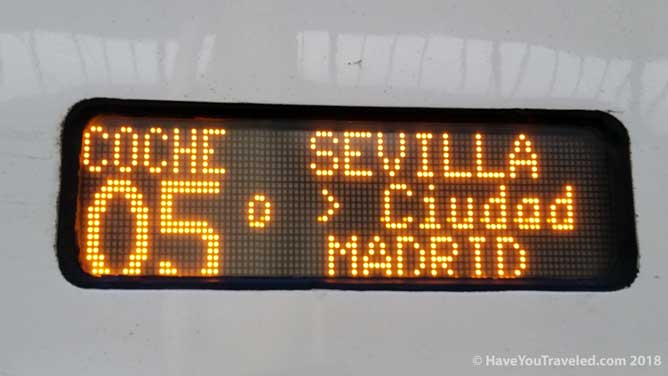The idea of not being able to speak the local language is among the most common reasons we hear for not traveling abroad. It’s understandable. The idea of not understanding what other people are saying can be unsettling. However, this fear, like so many others, is really mostly in our own heads. In Europe in particular most people under 40 speak English. Certainly people in the service industry (hotel, rentals, tours, food, etc.) but also everyday citizens. They may claim to only speak “a little” when prompted but that’s because they are people too and it can be embarrassing to mispronounce our words as well.

A little language can go a long way. It can build your confidence and let you go beyond your comfort zone and it can also ingratiate you into the culture and the community. A simple greeting goes a long way in most cultures. It shows you respect the person by addressing them directly. It also impresses your kids. Dan spoke to every person he could in high school Spanish (greetings, weather, direction, prices, etc.) just to impress the kids:).
Minimum:
- Good morning/evening, madam/sir.
- Do you speak English?
- Where is the bathroom?
- Yes/no
- Please/thank you
Even better
- How much does this cost?
- May I see a menu?
- What do you recommend?
To get the kids onboard (or even for grownups) there are many mobile apps and online tools to help.
Duolingo is an industry leader and admittedly a fun way to practice before a trip. We used it deliberately before Paris and intermittently for previous trips.
Let those big kids download the app and maybe even keep each other in check with scores and most days in a row. Here’s a quick description of the app for context:
talk soon,
Dan & Betsy
Family discussion: From a strictly language and communication perspective, where are some destinations the family would be confident to go?
